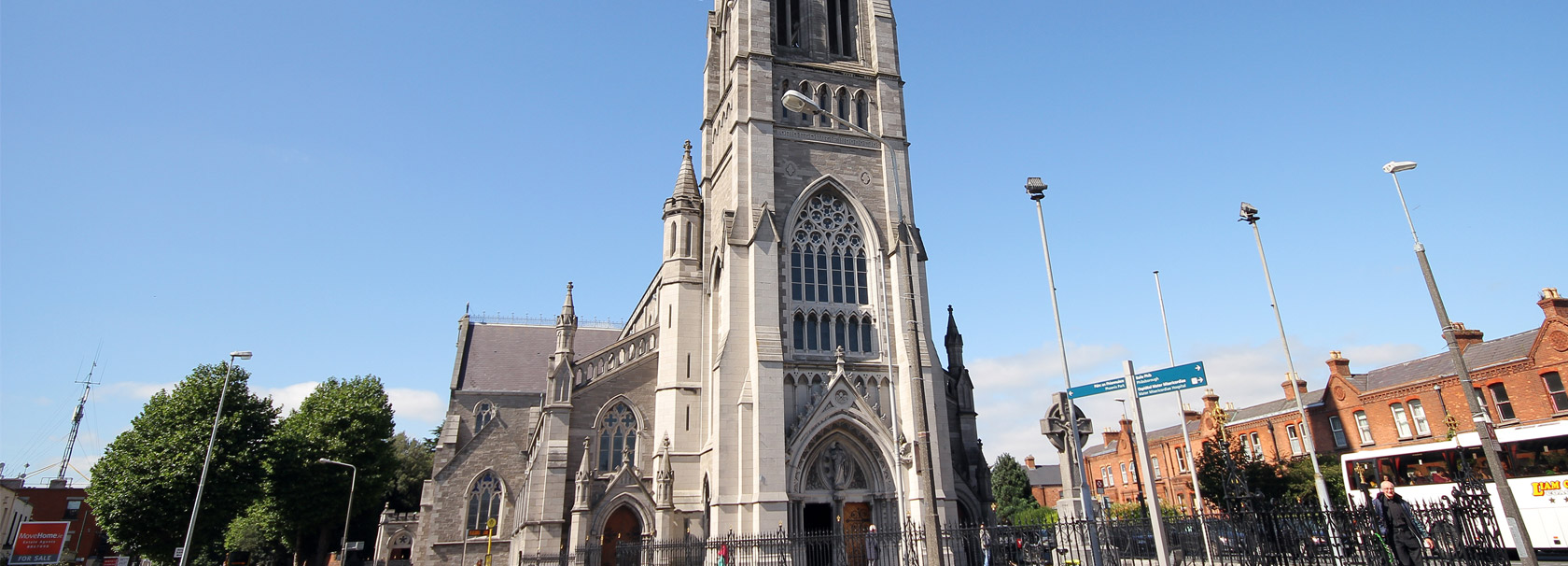















I was teenager against the backdrop of “Vatican 2” and a college student studying sociology (amongst other things) when Liberation Theology hit the headlines in the late 1970’s. Jean Donovan, a US citizen and Catholic lay missionary who was murdered in El Salvador, was a student in UCC for a period before she went to Central America so her death was very real for students in UCC in the late 1970’s the subsequent death of (now St) Oscar Romero was a rallying call. Paulo Freire and his concept of “consciousness raising” parsed my days as an under-grad. Thus consciousness raising and the work of Karl Marx were the intellectual currents that swirled around my conscious faith more as bedfellows than as contradictions as a college student.
Second Stage Feminism was an intellectual movement that was in vogue when I was a post-grad. I understood some of it easily enough: Much of what certain currents in this intellectual movement assert parallels that work of Marx and Freire. The questions came for me however when “Patriarchy” replaces “Money/Capitalism” (either as an economic or as a cultural system) as “the source of alienation” My consciousness was raised and so I began to think about the power men held/hold in society and how that defines women and their experiences in the health system, the education system, the legal system, the economic system (wages and child care?) and of course in religious systems, Christianity in the Western world and specifically for me Roman Catholicism, the form of Christianity into which I was born and continue to practice.
In the Roman Catholic Church women cannot occupy any ordained ministry and therefore hold no institutional power. For me this means that I, who am reasonably educated, reasonably intelligent and reasonably stable, cannot be ordained because at the moment of my conception my father (not my mother) produced an “X” rather than a “Y” chromosome. How, I wonder, could something that is biologically a random event, be of such theological significance? In my 20’s, 30’s and into my mid 40’s I could not accept that “they” (all male, all ordained) could know “the mind of God” on this matter since time immemorial and forever.
I occasionally have a sense that maybe I might have made a passable ordained pastor. I know a few younger female colleagues who sense that they may have a call to ordained ministry and wonder why that cannot put that “sense” to the test. They feel as I once did that this is a “right” they should have as equal children of God. Their haunting looks of disappointment and hurt evoke from me the following response:
I tell then that I no longer see ordination as a “right” while I continue to see it as a calling and gift from God.
I tell them I now see this “Gift” as just that, a gift has a different economy from that of rights and thus evades the lego-rational framework of “rights based approaches”
I tell them truthfully that I do not understand how anyone could know that God has not given this gift to half of humanity
I tell them that growing older is teaching me that not understanding something does-not mean that what another (albeit an institution) says is not “correct or right”: It simply means that, at this time, I do not understand.
I tell them that I have come to realise that the Roman Catholic Church is a world-wide institution and I would not like my Western assertion of “rights” to overshadow the views of other cultures particularly when I think of the damage Western culture has done to those other cultures in terms of conquest and colonisation.
I tell them that recent revelations from the institutional church however have made me wonder if “culture” is sometimes used as a rationale or excuse for injustice which in this incarnate world is always gendered and because of this I cannot evade the issue of speaking truth to power
I tell them that I think the demands of truth and justice are in the first instance a call to personal that is “my” conversion
I tell them that it seems to me a prophetic voice is born in the processes of that conversion because perhaps during those processes an awareness grows incrementally into a “righteous anger” at the mis-treatment of “the widow, the orphan and the stranger” that is, those (among others) who have been abused and whose stories have not been adequately heard because of colour or gender or lowly positions in hierarchical institutions
I tell them I think the call to on-going institutional conversation may be uttered in those as of yet unheard stories
I tell them that I find it upsetting and almost offensive at times, that ordained men who hold power in the Catholic Church write about “woman” in generalised, global terms that appear to reinforce existing perspectives rather than being open to dialogues with many women coming from all sorts of cultures and perspectives
I tell them that seeking to change this perspective on “women” as precluded from ordination is very important but (I think) should be conducted in ways that recognise that what we women seek is to respond to a gift rather than to claim what is “rightfully” ours and so the tone of what we write, say and disseminate must, in my opinion, reflect, as much as is possible, the graciousness of God
I tell them I pray that some day ways to change this perspective on women will be found that will not cause almost irreparable division and partisanship
I tell them I remain a Catholic who is a woman because of the graciousness of God which ultimately has nothing to do with institutional issues.
Terry Kelleher.
February 2019.